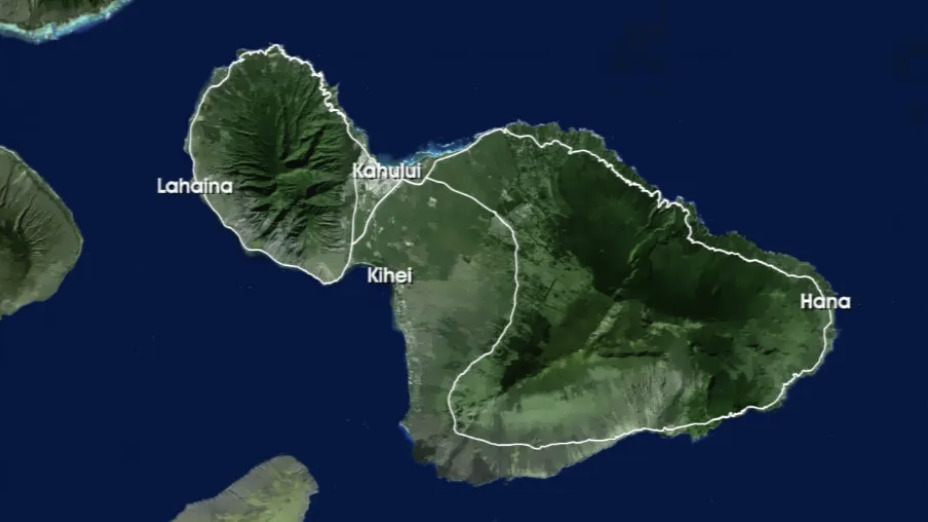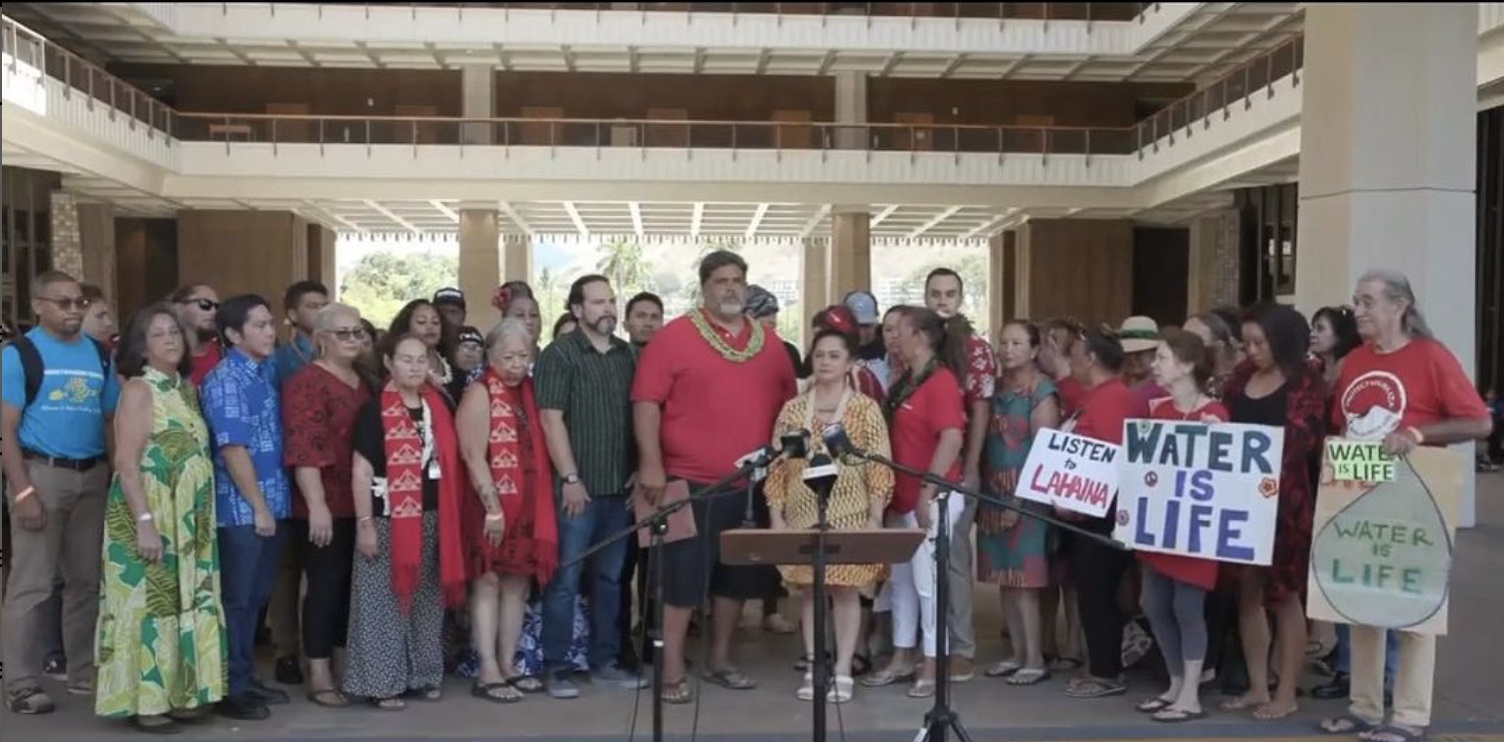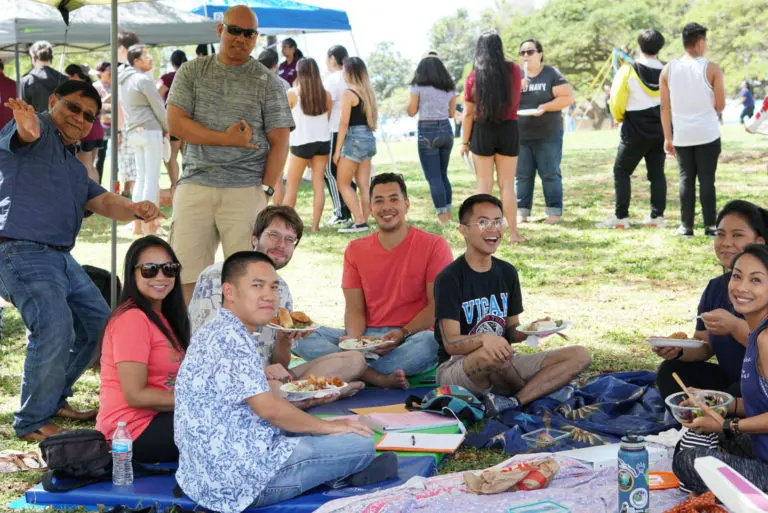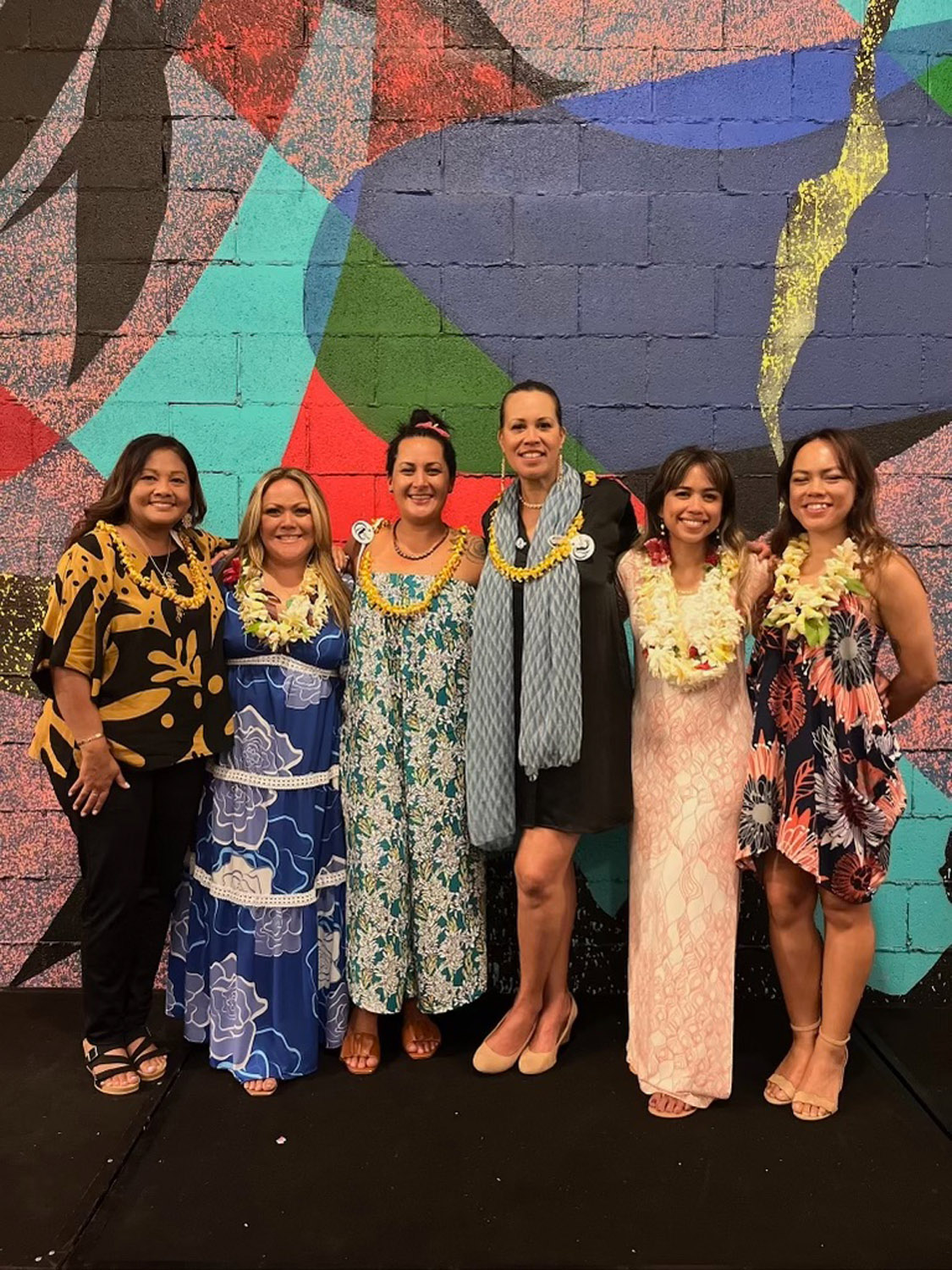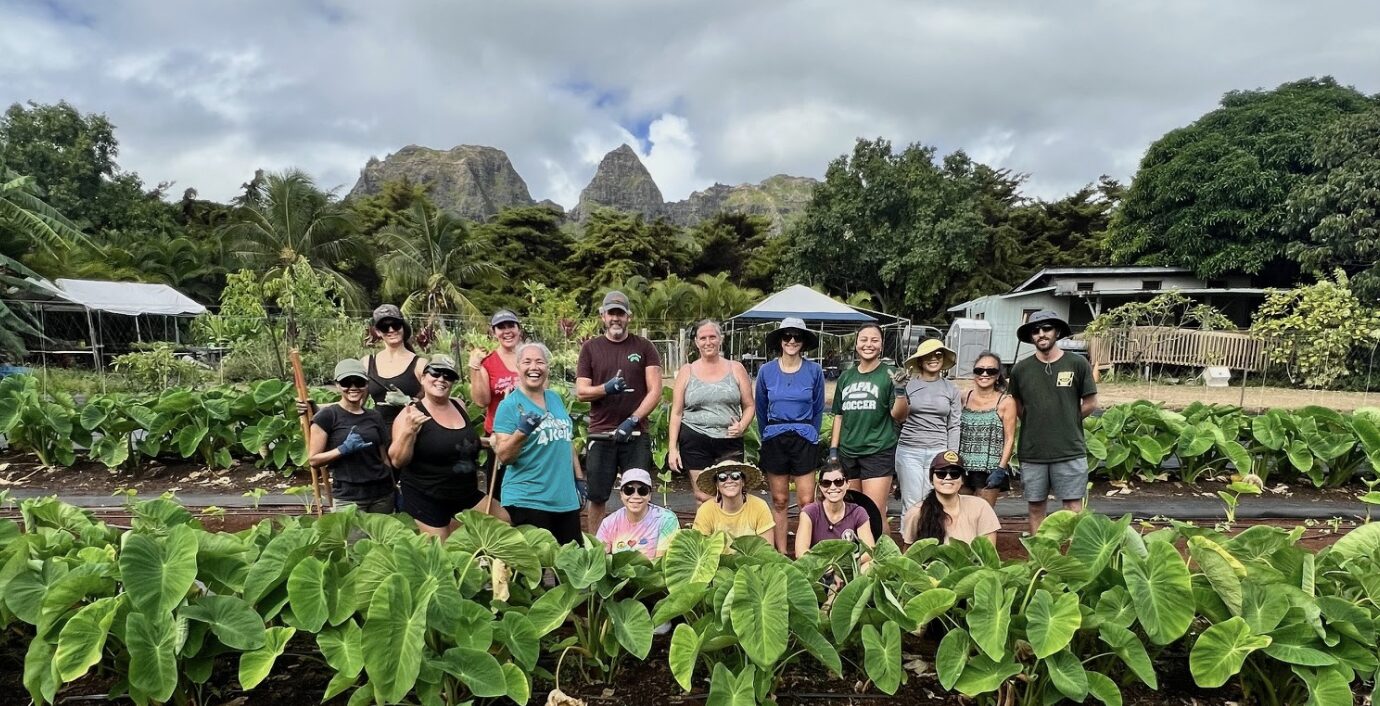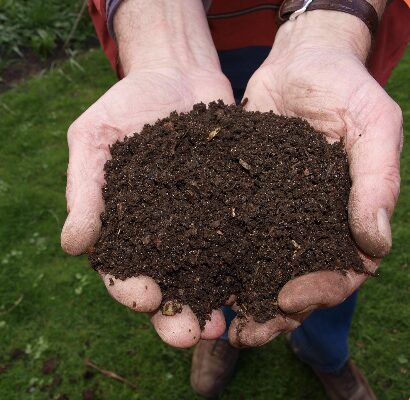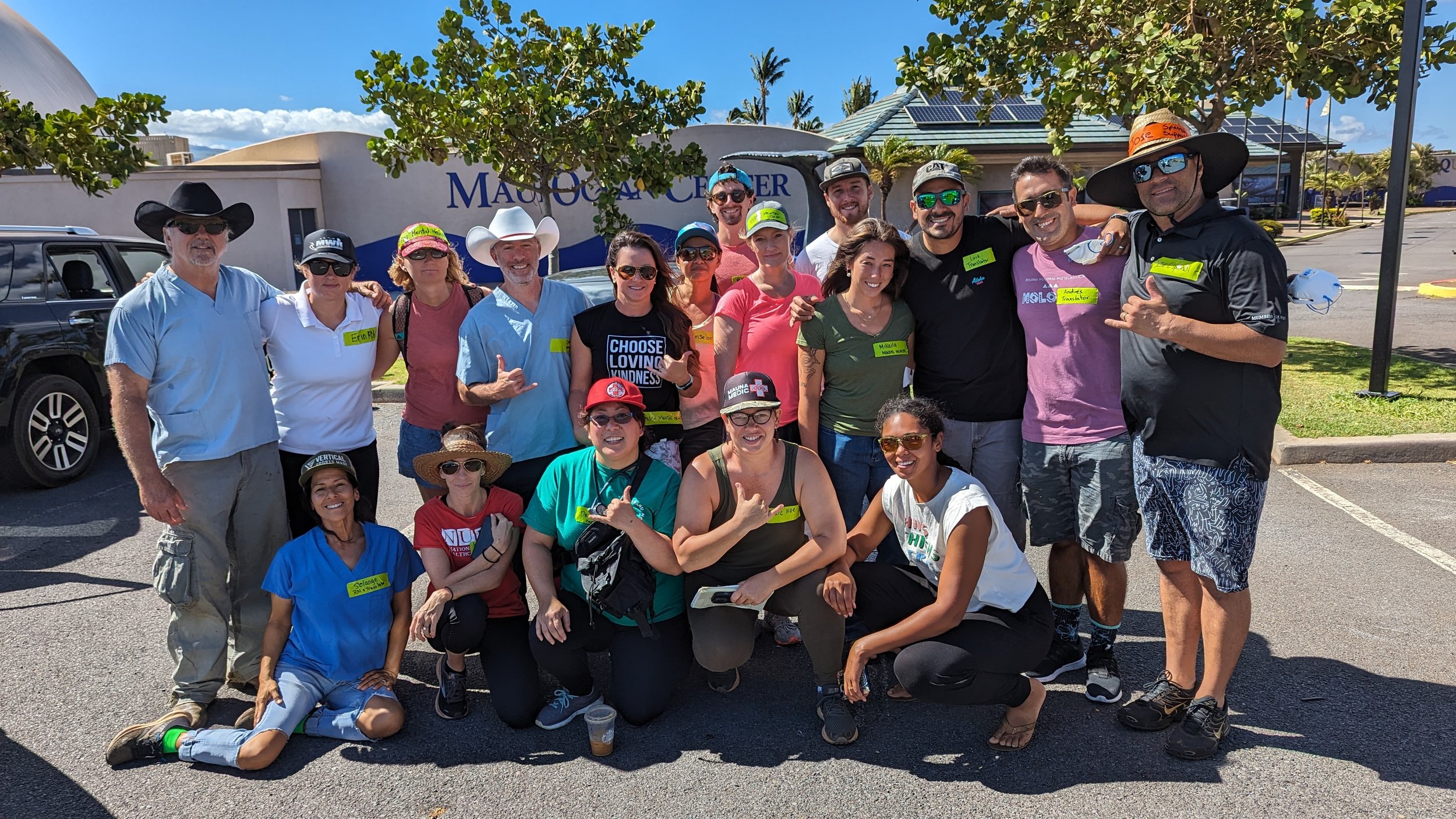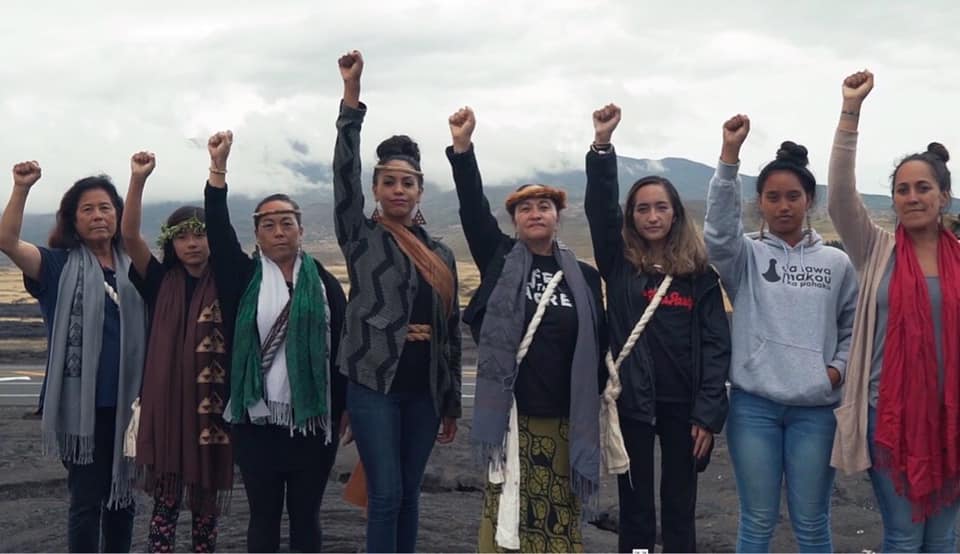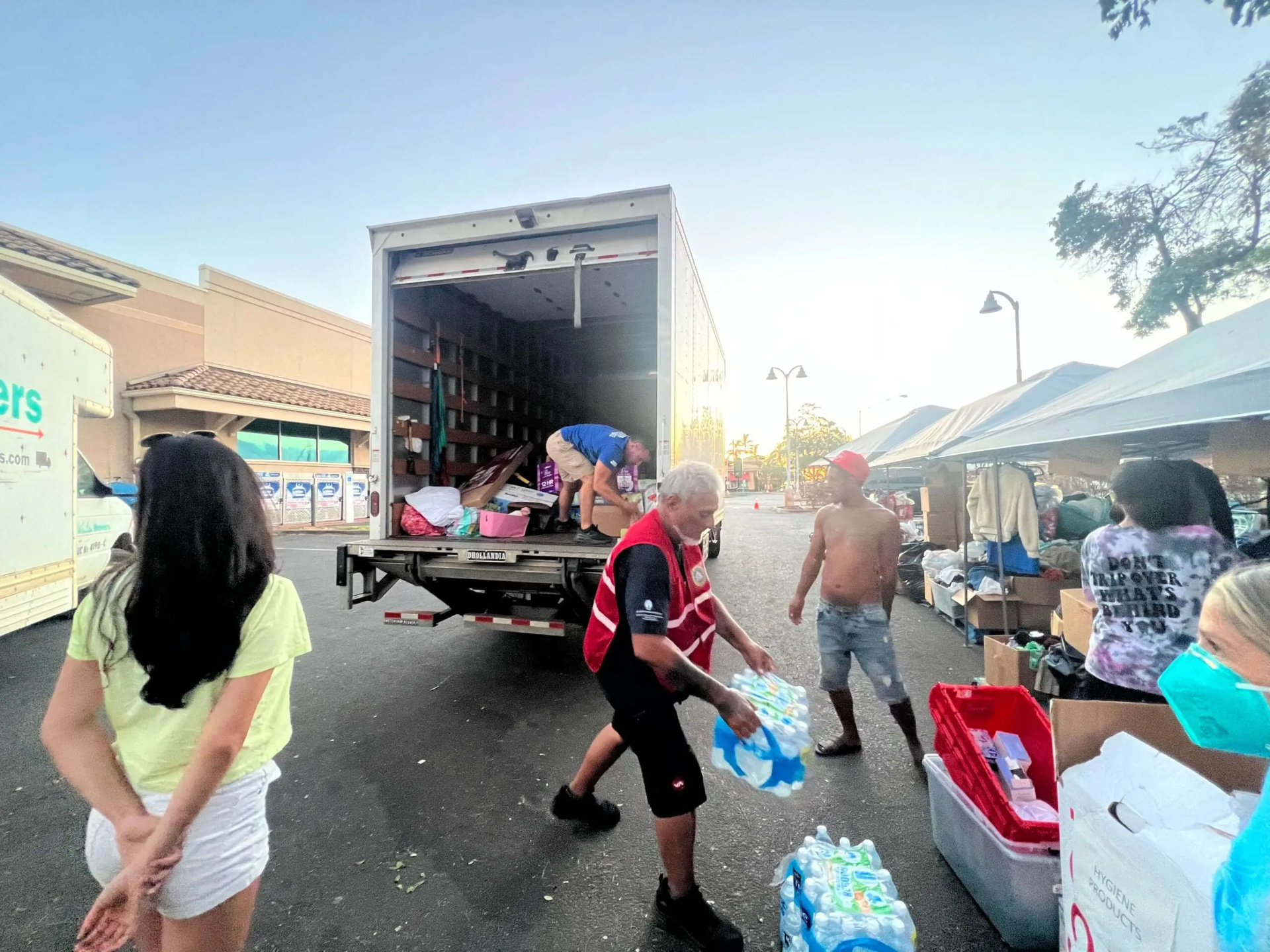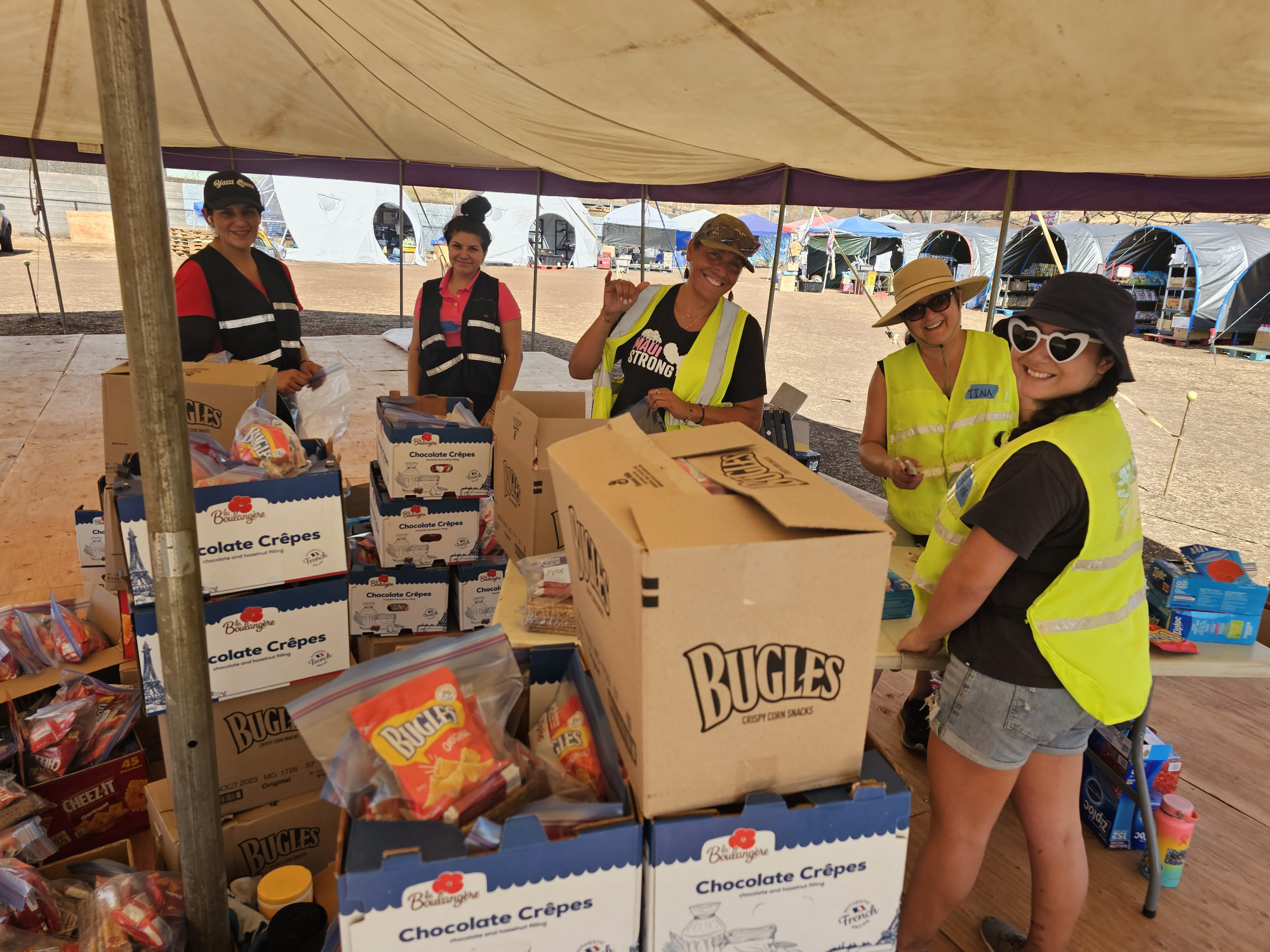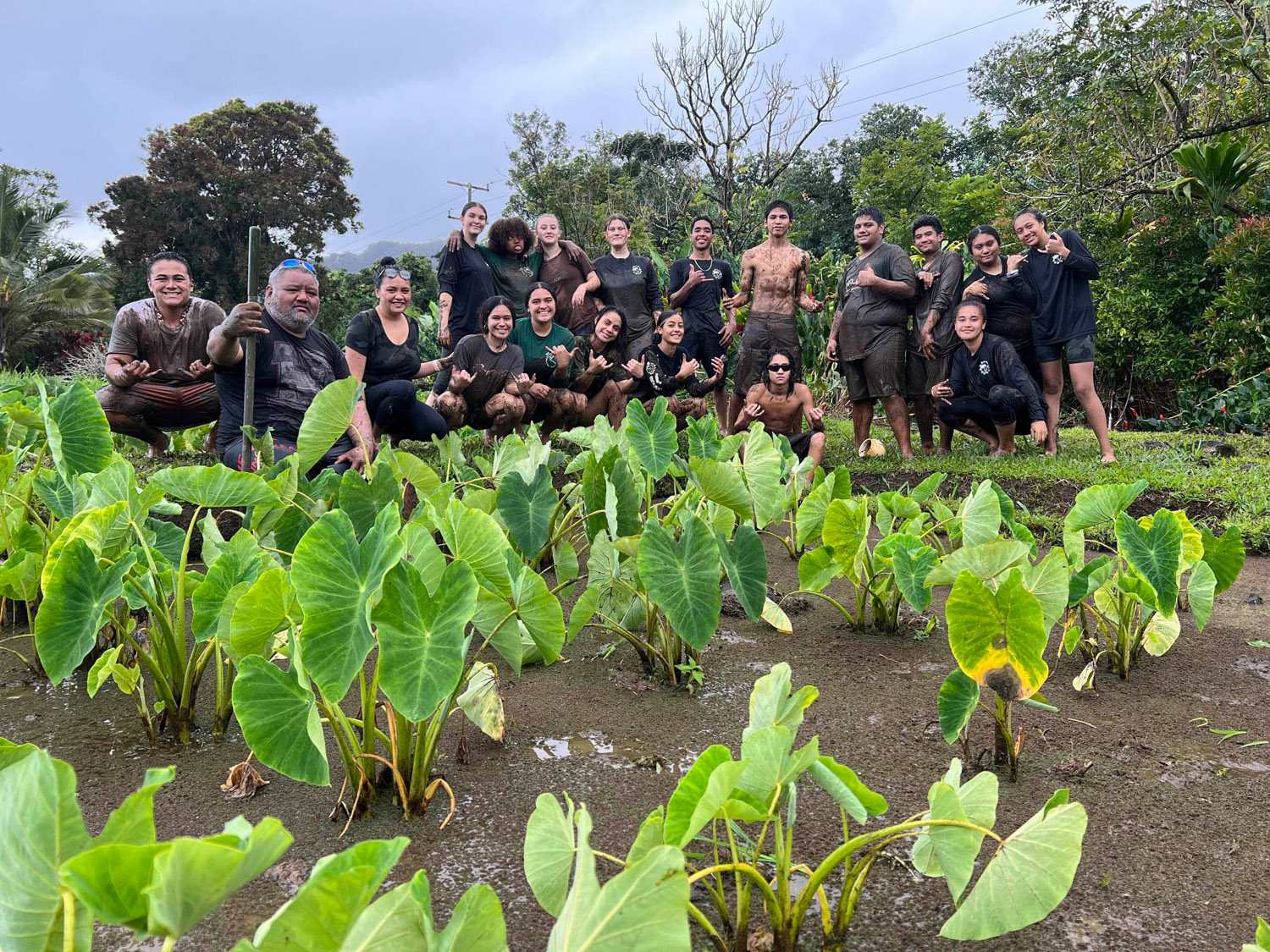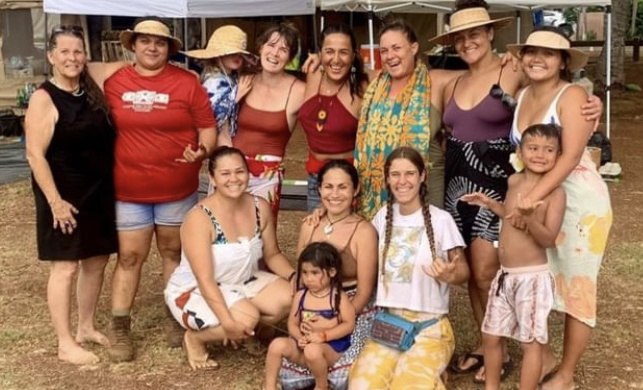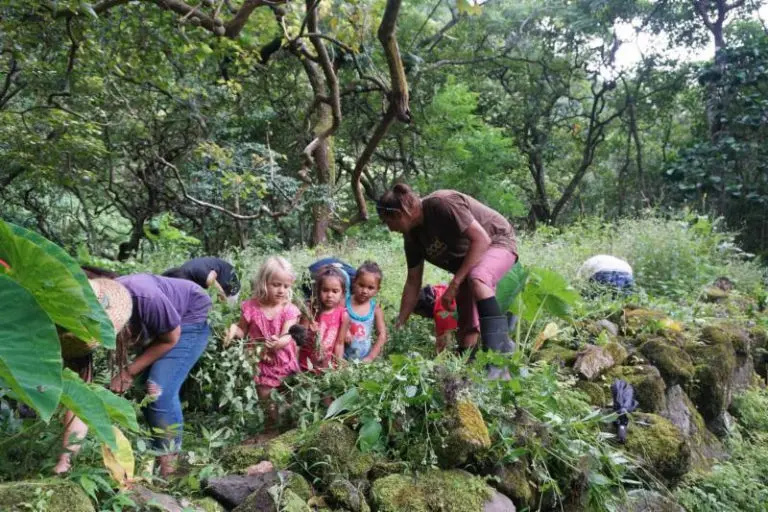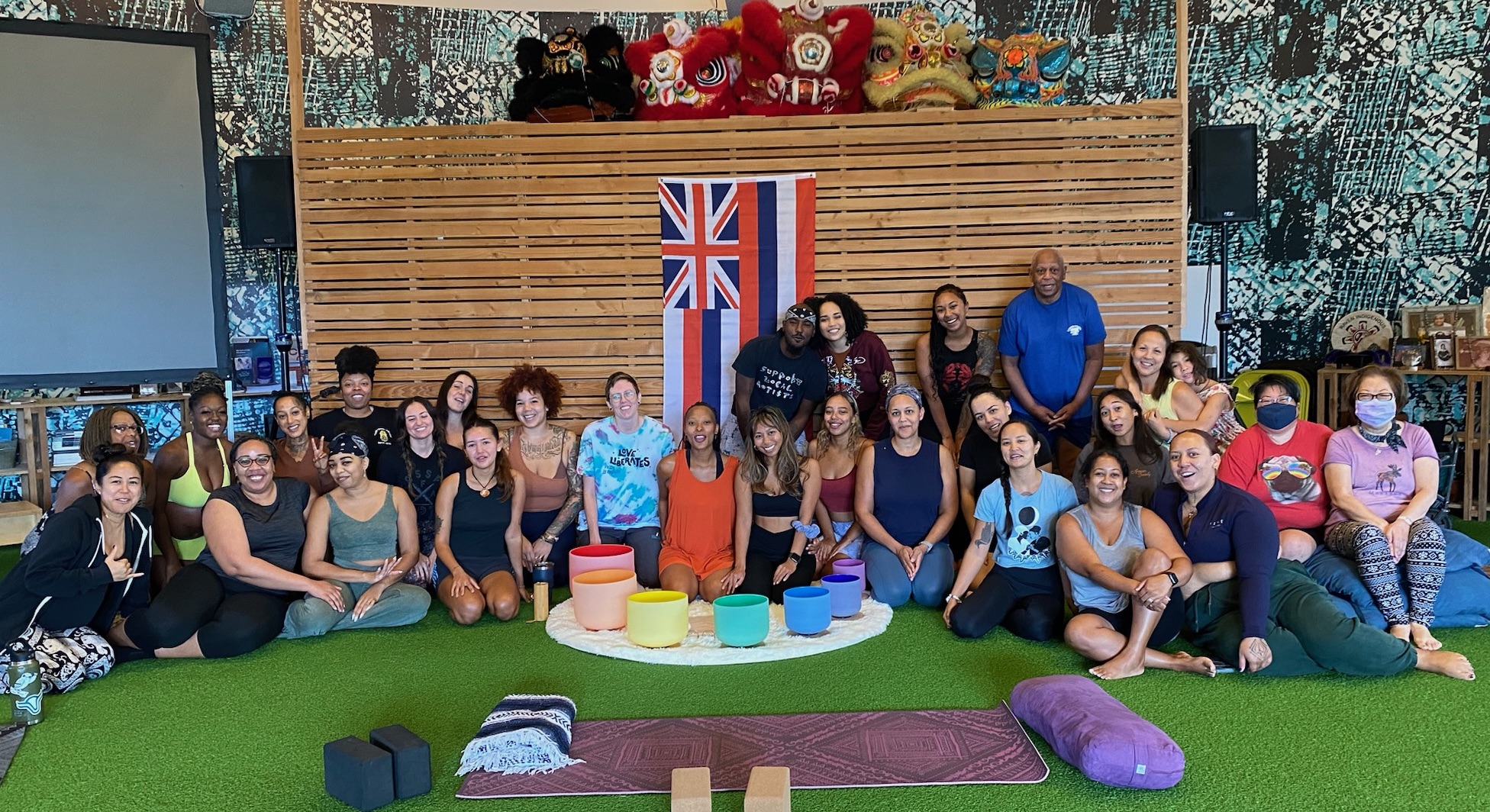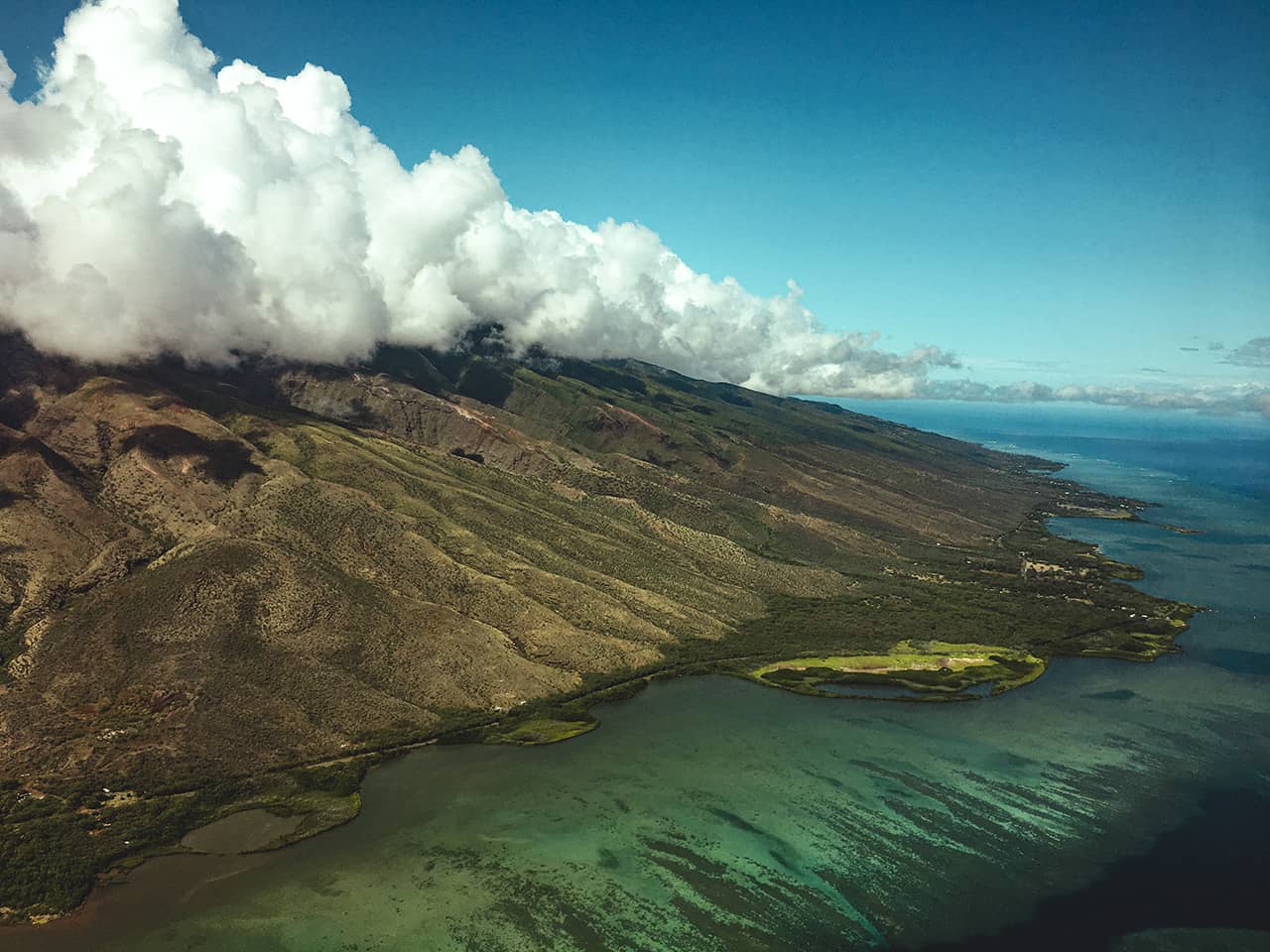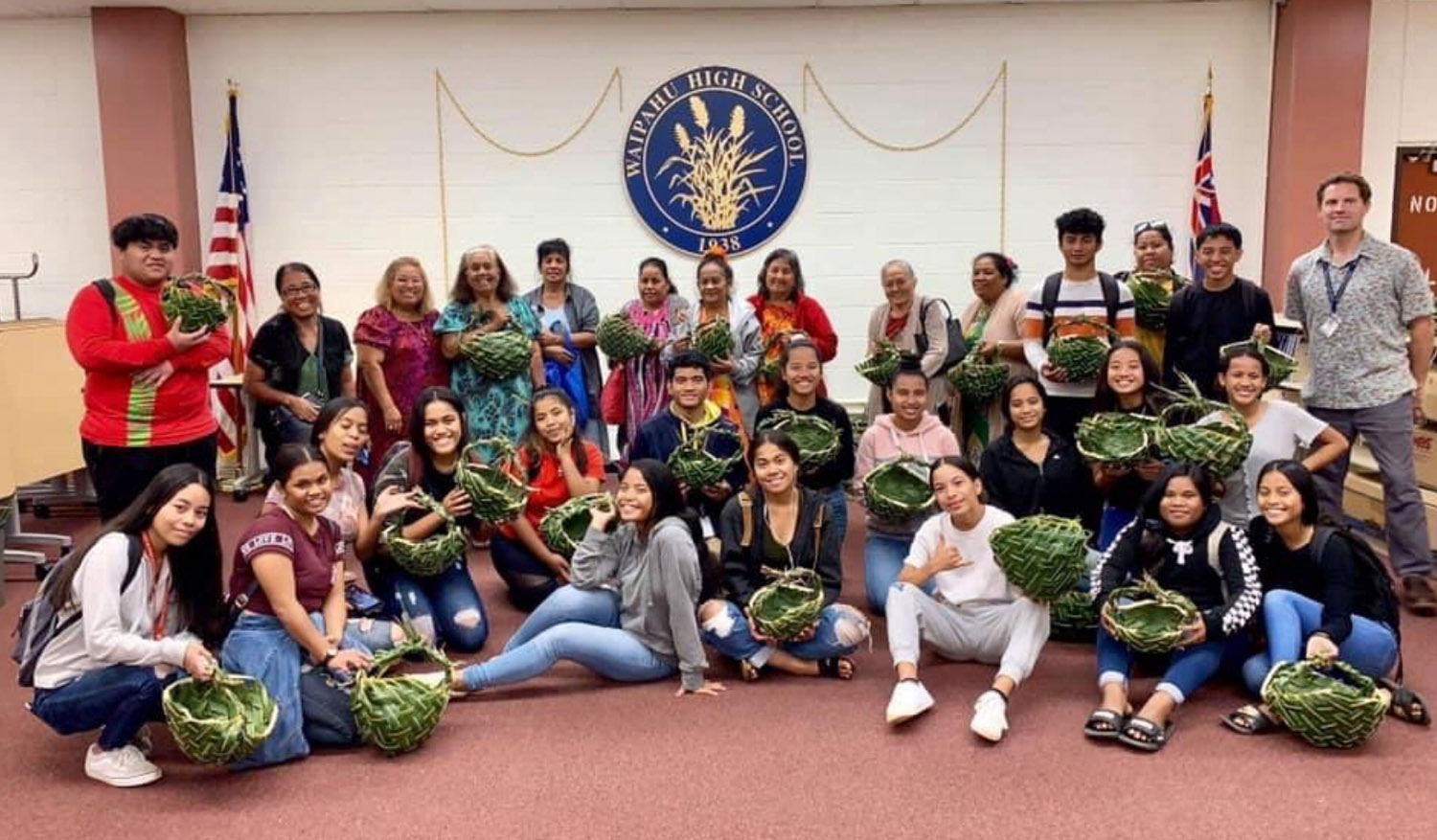Lālākea Foundation’s mission is to perpetuate traditional cultural practices by demonstrating oral traditions, teachings and ways of transmitting knowledge through the generations. Lālākea provides a learning and enrichment platform for cultural practitioners and learners. At the request of Lāhaina leadership, Lālākea is serving as kākoʻo to advise on developing strategy around organizing and elevating community voices.
Maʻi Movement Hawaiʻi is a Native Hawaiian, women-led organization deeply committed to menstrual equity and ending period poverty in Hawaiʻi. Their Maui-based volunteers distributed period products at shelters, community hubs, donation sites, and in community on Maui and partnered with and donated products directly to other Maui-based groups in affected areas. They coordinated period drives on Maui and neighbor islands and provided volunteers with gas cards, period products for distribution, and product mobilization support, and plan to provide long-term menstrual support through partnerships to establish permanent physical distribution points on Maui.
Maui Bioremediation Group was founded in the immediate wake of the Lāhaina Wildfires in August of 2023, established to advocate for and implement bioremediation alternatives to conventional and mechanical disaster response. Their members developed novel manufacturing processes for biofiltration sock technology, designed the innovative biofilter infill components, secured short-term project funding, and advocated for solutions that center the wellbeing of the Lāhaina community.
Maui Medic Healers Hui is a Kānaka Maoli led team that provides grassroots community driven services and empowers the people to create spaces for healing in times of struggle, disaster, and trauma. Two days after the fires, MMHH mobilized health care providers and supplies on the west side of Maui, and have been there ever since. The Maui Medic Healers Hui envision and model a different, more indigenous way of providing care in a holistic and integrated setting.
Maunakea Education & Awareness educates and raises awareness of communities in Hawai’i and beyond on the spiritual, historical, cultural, environmental, and political significance of Mauna Kea and ALL sacred places. On the invitation of core Lāhaina community leadership, the hui is serving in an advisory role, organizing and calling in lessons learned on the mauna to accommodate immediate community needs in the aftermath of the fires, and strategizing for a just recovery.
Nā Kia’i o Maui (formerly Da Hui) mobilized under the leadership of Aunty Nettie, a resident of Lāhaina directly impacted by the fires. Aunty Nettie stepped up in the midst of the chaos to provide much needed leadership following the disaster, quickly mobilizing her core team, organizing volunteers and processing the overwhelming amount of donations arriving daily. The core team set up and managed a “store” where impacted ‘ohana could come and pick up whatever they needed. NKoM continues to adapt to meet lāhui needs, and set up a central hub in Kahului to process, sort, store, stage, and deploy supplies and resources to community hubs.
Nā Moku Aupuni o Koʻolau Hui perpetuates Kanaka Maoli traditional and customary lifestyles of Keʻanae-Wailuanui. Encompassing nearly 400 acres of loʻi, the area was renowned for kalo farming until commercial stream diversions completely dewatered the area. In 2018, the Keʻanae community’s 30-year legal struggle over water rights resulted in the largest stream restoration in Hawaiʻiʻs history. Nā Moku is mobilizing essential items and tools to assist in clearing debris from the Kula fires, and distributing fresh water to affected ʻohana. Opening their doors at Keʻanae Uka, Nā Moku is feeding, housing, and caring for displaced East Maui descendants that have been affected by the Lāhaina, Kīhei, and Kula fires.
Pōhāhā i ka Lani builds upon nearly two decades of land stewardship and revitalization efforts in Waipiʻo Valley – deepening the relationship between residents and visitors helping to mālama ʻāina. They are in direct communication with Maui community leaders and impacted ‘ohana, providing lā‘au lapa‘au and relief items from Hawaiʻi Island. They are harvesting and processing mamaki, creating ʻawa and uhaloa salves, and making tea bags to mālama affected ʻohana in Maui. The hui is also assisting in hānai kaiāulu ~ community feeding ~ with kalo harvested from their loʻi in Waipiʻo.
Before any government or organized aid was sent to Lāhaina, the Molokai community instantly organized donation drives and started shuttling essentials across the Pailolo to families whose access was cut off from the rest of Maui in the immediate aftermath of the fires. Sustʻāinable Molokai assisted in sustaining this lifeline for Lāhaina communities until on-the-ground aid was established on Maui.
Waipahu Safe Haven Immigrant and Migrant Resource Center provides holistic programs and services with language access. They have been training interpreters who speak COFA languages to provide support via phone bank for Maui. These interpreters are assisting those affected by the Maui wildfires with applying for much needed services.
